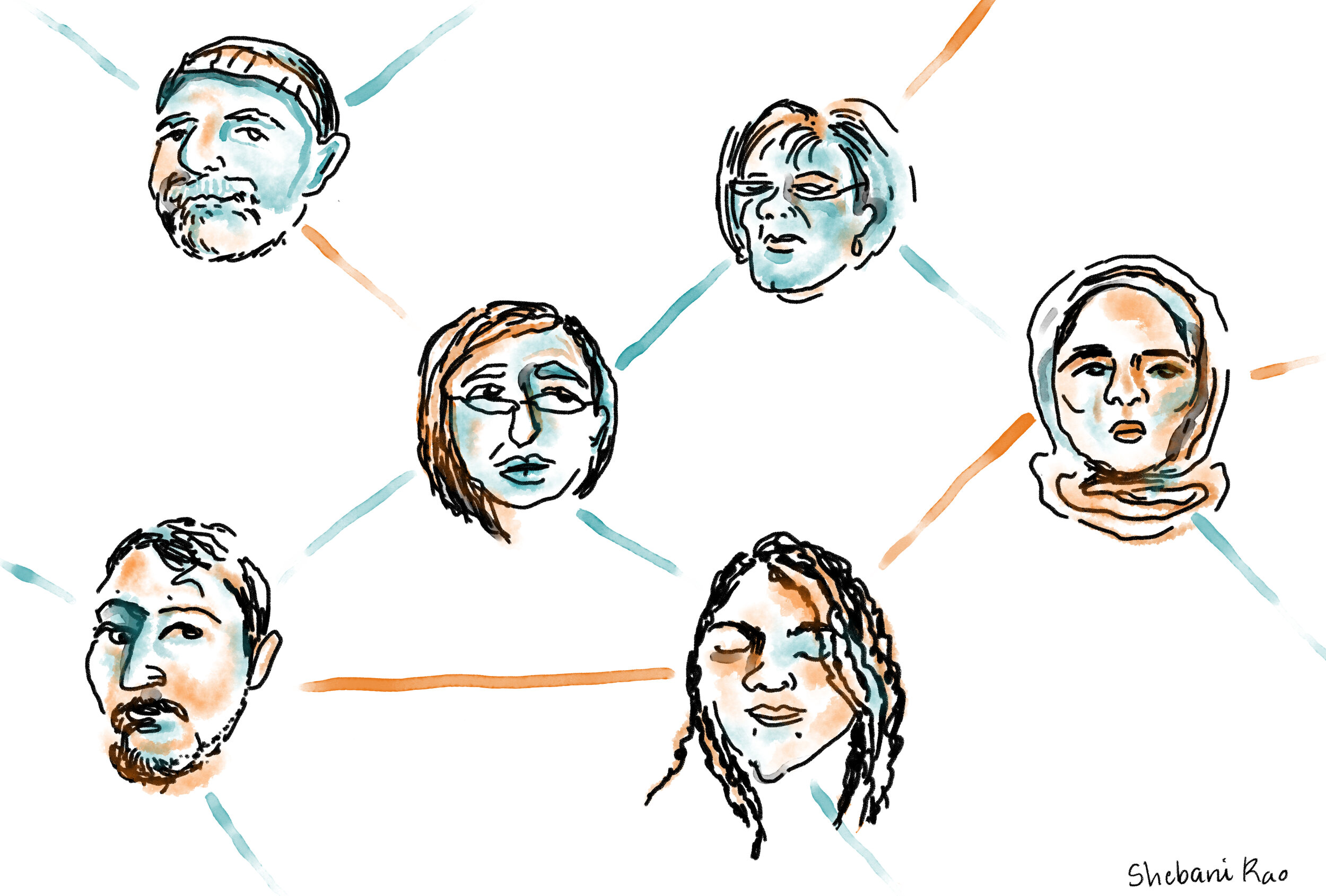In 2020, more than 55 million people were forced to migrate within their own country due to extreme weather events, including nearly 2 million in the U.S. Climate change migration, within and across borders, will only increase over the coming decades. In this essay, immigration lawyer and scholar Elizabeth Keyes explains how the United States’ own history with internal climate movement can offer ideas and inspiration for the future.
In this essay, Vishal Khetpal, a resident physician at Brown University, argues that the best way to improve the health of Americans is not through reforming the byzantine healthcare system but rather by giving cash directly to people.
The project of building restorative justice infrastructure is ultimately an invitation to a collective commitment to healing and self-awareness regarding our own involvement in systems of violence that affect other people.
Ever since the U.S. dollar became the world's reserve currency in the 1940s, the United States has enjoyed unique advantages—from borrowing cheaply abroad to sustaining large trade deficits. But in recent years, a perk of a different kind has been added to this exorbitant privilege: the ability to regulate global finance. In this review essay, Edoardo Saravalle traces how the United States obtained this new power and how it can be put to good use.
The post-mortems about what happened on January 6, and why, have been plentiful. Actionable proposals about what must be done have been less so. In our first forum, we invited four sets of authors to offer their visions of the boldest response to right-wing extremism. Our respondents belong to the academic, policy, and religious communities, and offer their own ideas for what the path forward should look like.
In this essay, scholar-activist Ted Fertik explains the current state of the labor movement, the promise of the PRO Act, and why now is the most critical moment for U.S. labor since the New Deal.
In this interview, political scientist Lee Drutman explains how the structure of U.S. politics promotes dysfunction and argues that changing the electoral map could transform the United States into a healthy, multi-party democracy.







